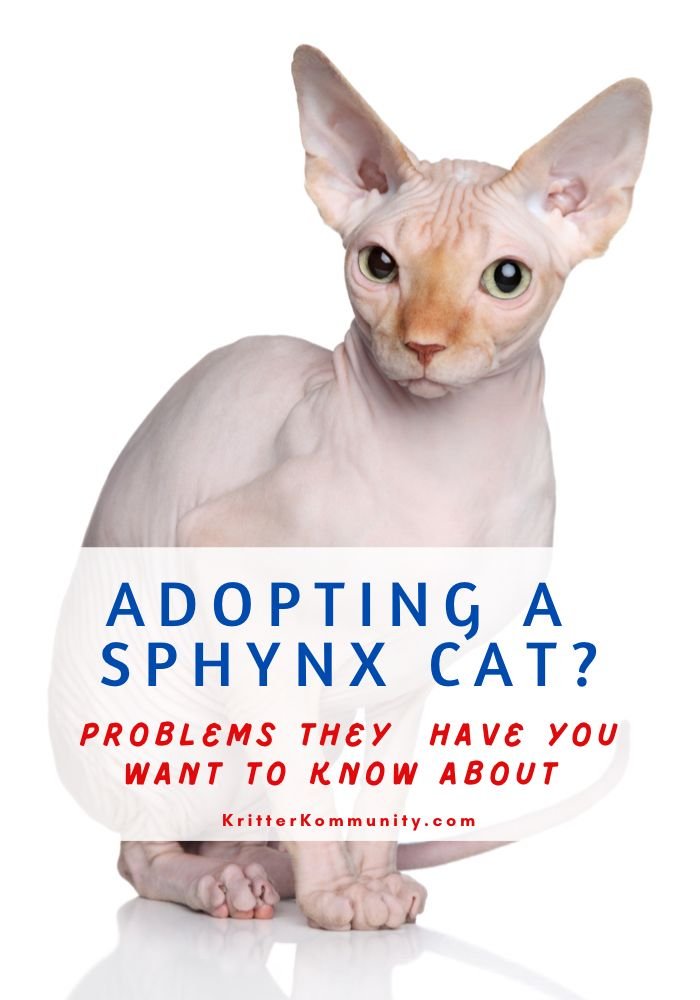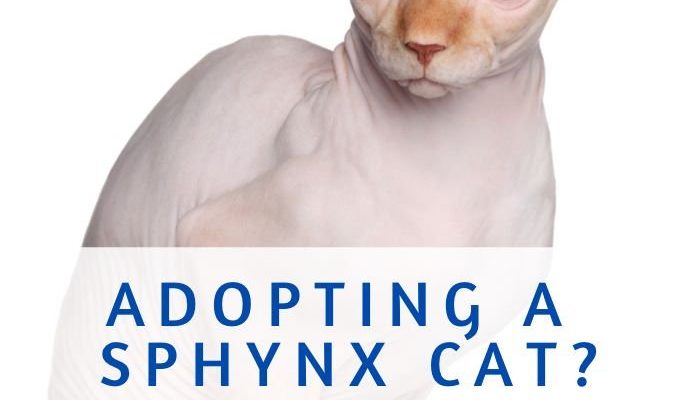
Sphynx cats may not have fur to groom, but they come with their own set of health quirks that deserve your attention. From skin issues to heart problems, knowing what you’re up against can help you be proactive. Think of it like preparing for a road trip: you’d check your oil, tire pressure, and windshield wipers, right? Preventative care is key to keeping your Sphynx vibrant and happy. Let’s dive into the health issues these cats often face and what you can do about them.
Skin Issues: The Importance of Regular Care
One of the most common problems Sphynx cats face is skin issues, particularly due to their lack of fur. Without hair, their skin is more exposed to the elements. It’s not just about aesthetics—skin health is vital for their overall well-being. Sphynx cats can develop oily skin, which leads to dirt and debris buildup. If not cleaned regularly, this can cause irritations or infections.
Regular bathing is key to maintaining healthy skin. Aim to give your Sphynx a bath every 1-2 weeks. Use a gentle, cat-specific shampoo to avoid harsh chemicals that could exacerbate skin problems. After bathing, remember to dry them thoroughly.
In addition to baths, moisturizing can help prevent dryness and irritation. Look for pet-safe moisturizers that won’t clog pores. Always consult your vet before trying new products to ensure they are safe for your feline friend.
Respiratory Issues: Keeping an Eye on Breathing
Sphynx cats can sometimes be prone to respiratory issues, partially due to their unique facial structure. Their short noses might lead to nasal congestion, which can affect their breathing. You might notice your Sphynx sneezing or having trouble breathing, especially during seasonal changes.
To prevent respiratory problems, keep your home smoke-free and minimize exposure to allergens like dust, strong perfumes, and cleaning products. Regularly cleaning your home can help reduce irritants in the air.
Also, consider using a humidifier during dry seasons. This can help keep their airways moist, making it easier for them to breathe. If your Sphynx shows signs of respiratory distress, don’t hesitate to contact your vet—they can recommend the best course of action.
Heart Problems: Understanding Hypertrophic Cardiomyopathy
Hypertrophic Cardiomyopathy (HCM) is a serious condition that affects many Sphynx cats. This heart disease causes the heart muscles to thicken, which can lead to heart failure. Unfortunately, it often goes unnoticed until it becomes severe, so being vigilant is key.
Routine veterinary check-ups will help catch any early signs of heart disease. Your vet may recommend regular echocardiograms, especially if you have a Sphynx. Look out for symptoms like lethargy, decreased appetite, or difficulty breathing. If you notice any of these, it’s essential to get your cat seen right away.
Feeding your cat a balanced diet and ensuring they get appropriate exercise can also make a difference. Maintaining a healthy weight is crucial, as obesity can put additional strain on the heart.
Dental Issues: Don’t Forget the Teeth
Dental health might not be the first thing on your mind when you think about your Sphynx, but it’s incredibly important. Without regular care, Sphynx cats can suffer from periodontal disease, which can lead to pain and other health issues.
Incorporate dental care into your routine. Brush your Sphynx’s teeth several times a week to prevent plaque buildup. If they’re resistant, consider treats or toys designed to promote dental health.
Regular check-ups at the vet can also help catch any issues early on. They may recommend professional cleanings or provide additional advice tailored to your cat’s needs. After all, a healthy mouth contributes to a happy cat!
Temperature Sensitivity: Keeping Your Sphynx Comfortable
Sphynx cats are not just hairless; they are also more sensitive to temperature changes. Without fur to keep them warm, they can easily get cold in chilly conditions, or even overheat during summer months. It’s like switching from a cozy sweater to a tank top in an overly air-conditioned room—you’d want to find a balance!
In colder months, provide your Sphynx with warm clothing or cozy blankets. Heated cat beds can also be a hit! During hot weather, be cautious about leaving them in direct sunlight or hot rooms. Always provide fresh water and watch for signs of overheating, like excessive panting or lethargy.
Creating a comfortable environment will go a long way in ensuring your Sphynx stays healthy and happy year-round.
Diet and Nutrition: Fueling Your Sphynx’s Health
What a Sphynx eats plays a massive role in their overall health. A well-balanced diet ensures they get the nutrients they need while avoiding obesity—a real concern that can exacerbate many health issues. Think of it as filling your car with the right fuel: the better the quality, the better it runs.
Focus on high-quality, protein-rich cat food without fillers. Look for options that specify real meat as the first ingredient. Your vet can help you determine the right portion size and any special dietary needs your Sphynx may have.
Also, consider incorporating wet food into their diet. It helps with hydration and can be more appealing to picky eaters. Whatever you choose, make sure to monitor their weight and adjust their diet accordingly.
Regular Vet Visits: Prevention is Key
This might sound like a no-brainer, but regular vet visits can’t be stressed enough. Just like you wouldn’t skip an oil change for your car, don’t skip the check-ups for your Sphynx. A vet can provide valuable insights into your cat’s health, catch potential issues early, and keep you informed about necessary vaccinations or preventative measures.
Schedule yearly check-ups at minimum, but don’t hesitate to visit if you notice any changes in behavior, appetite, or energy levels. Remember, you’re their best advocate!
In the end, maintaining your Sphynx’s health is all about being proactive, attentive, and informed. With a little extra care and commitment, you can help your beloved cat thrive in a happy, healthy environment. After all, they may look a bit different from the average cat, but they deserve the same kind of love and care.

